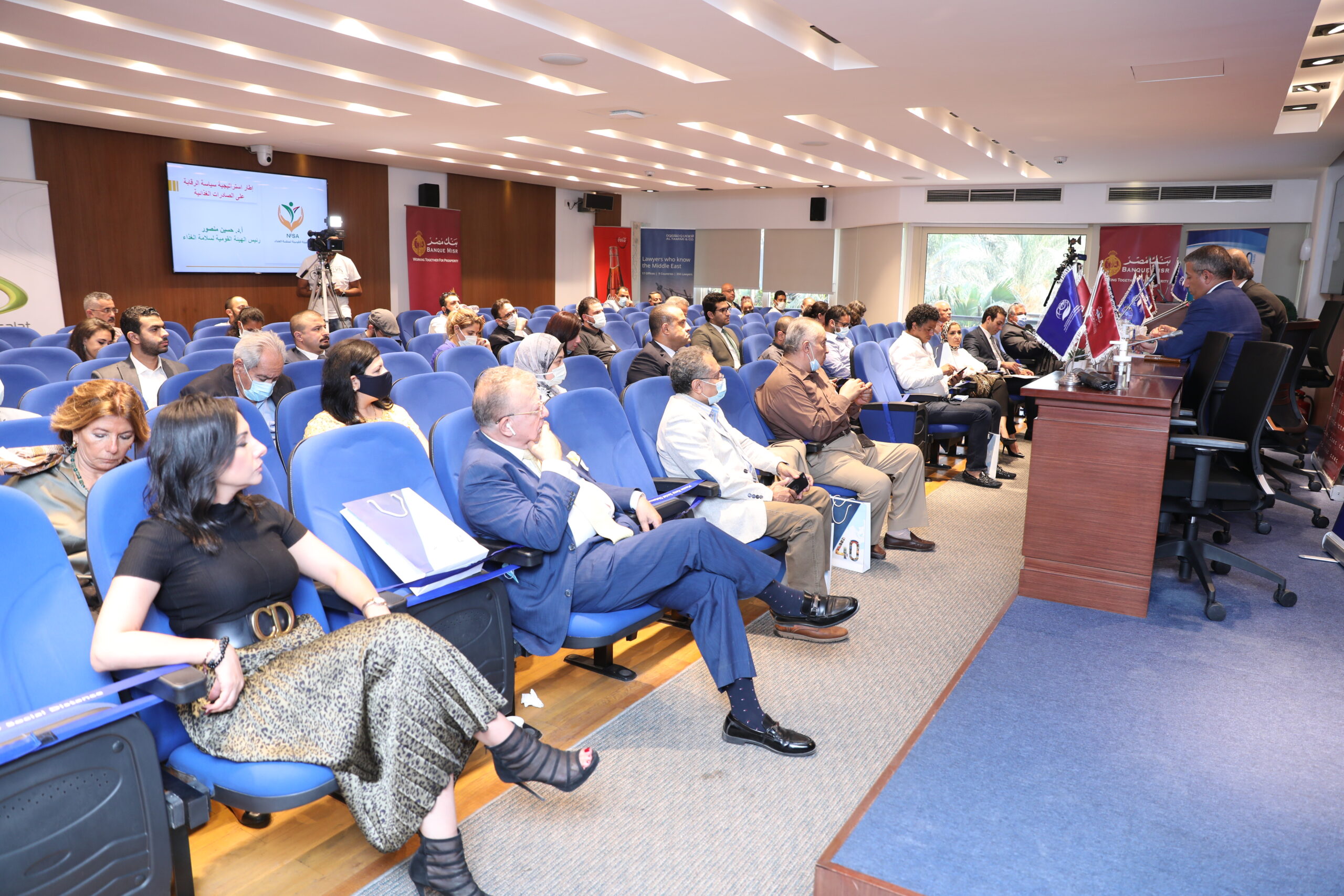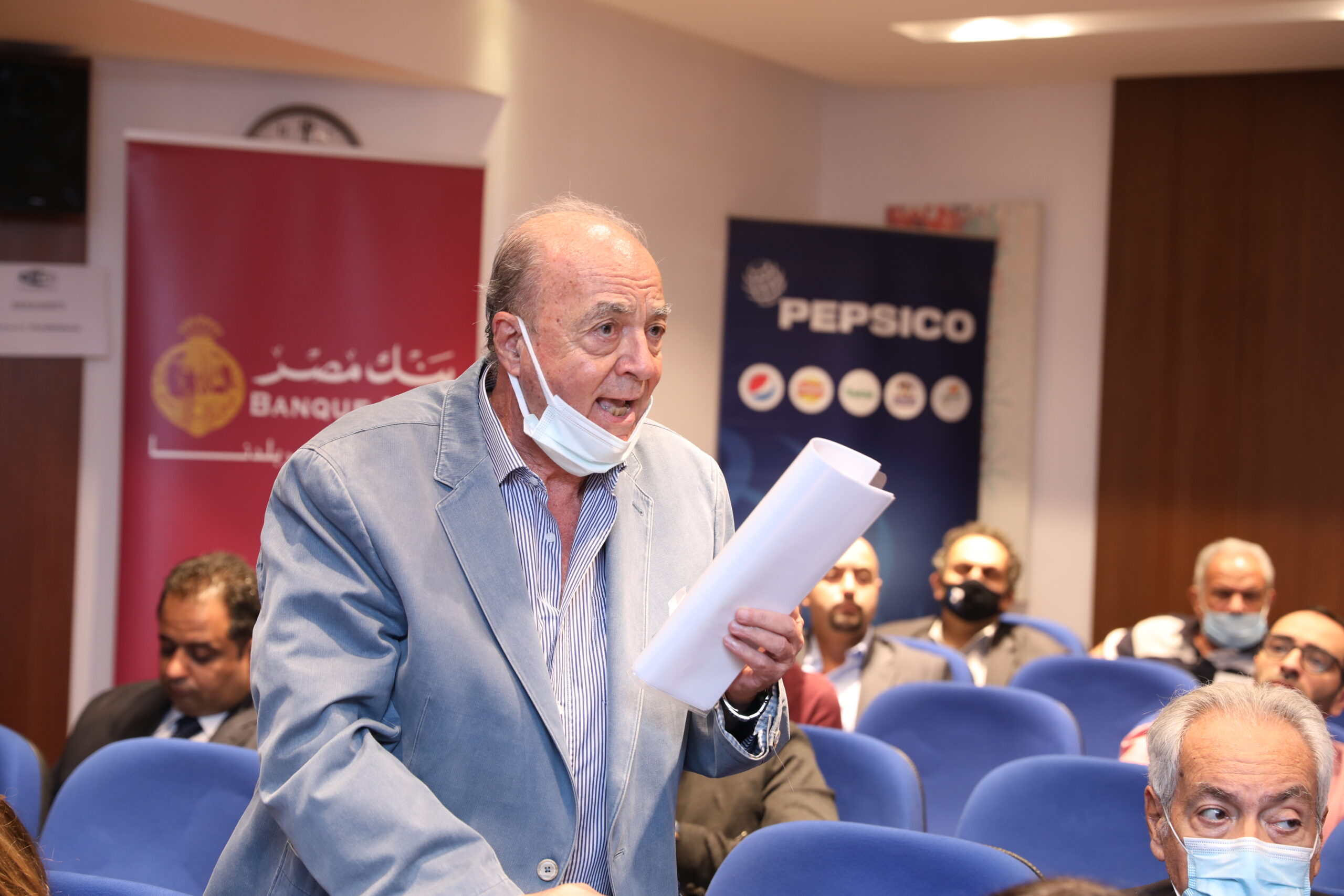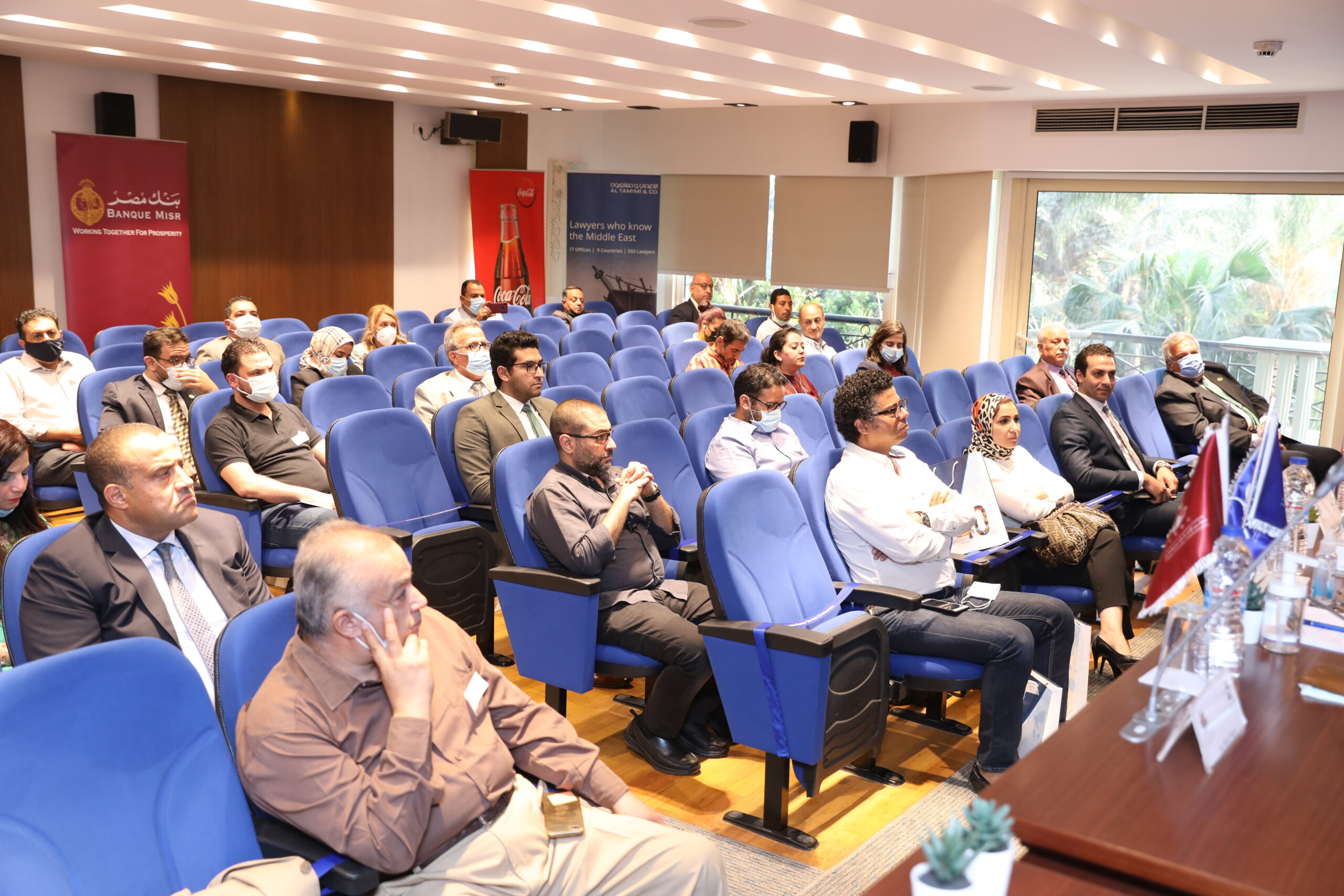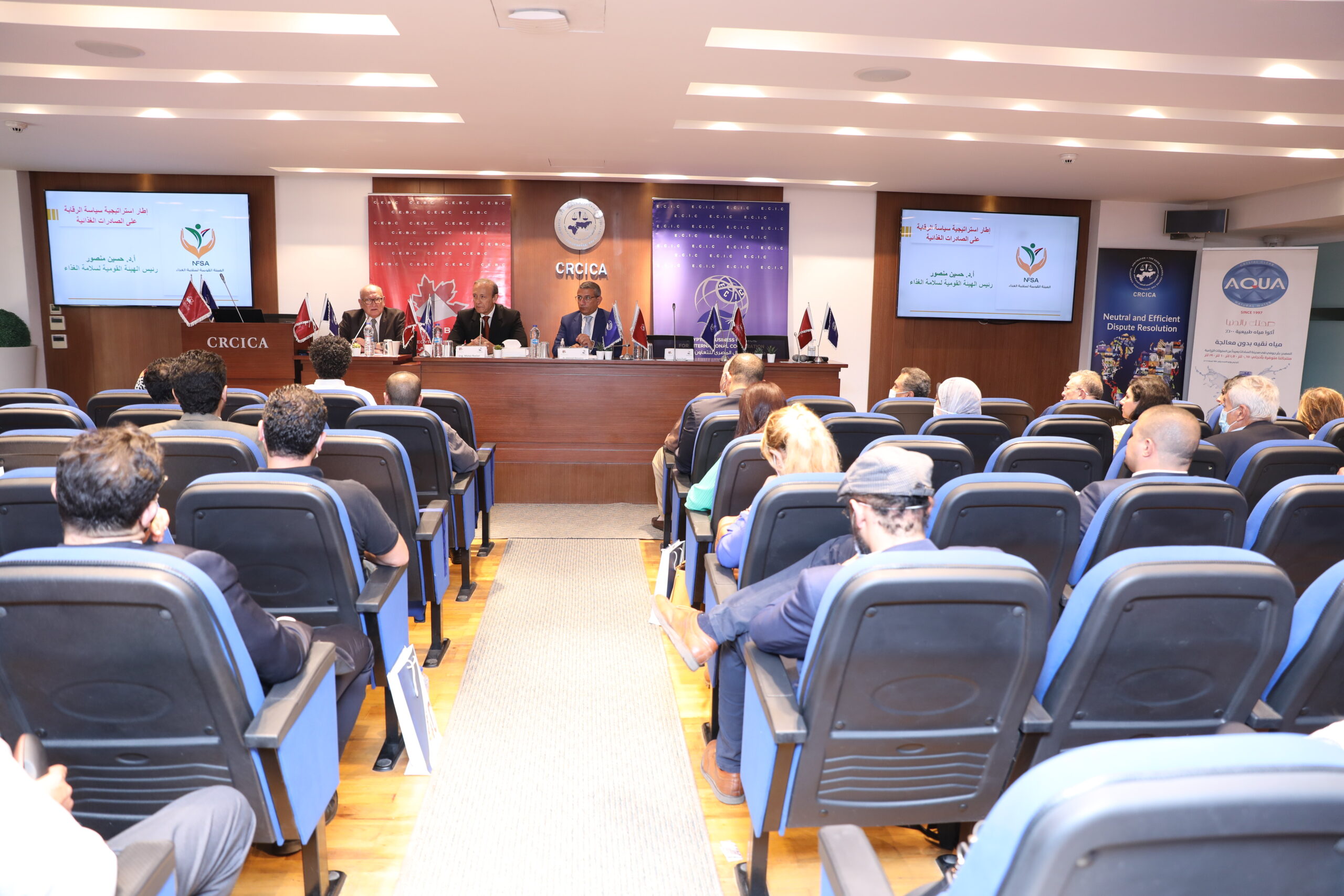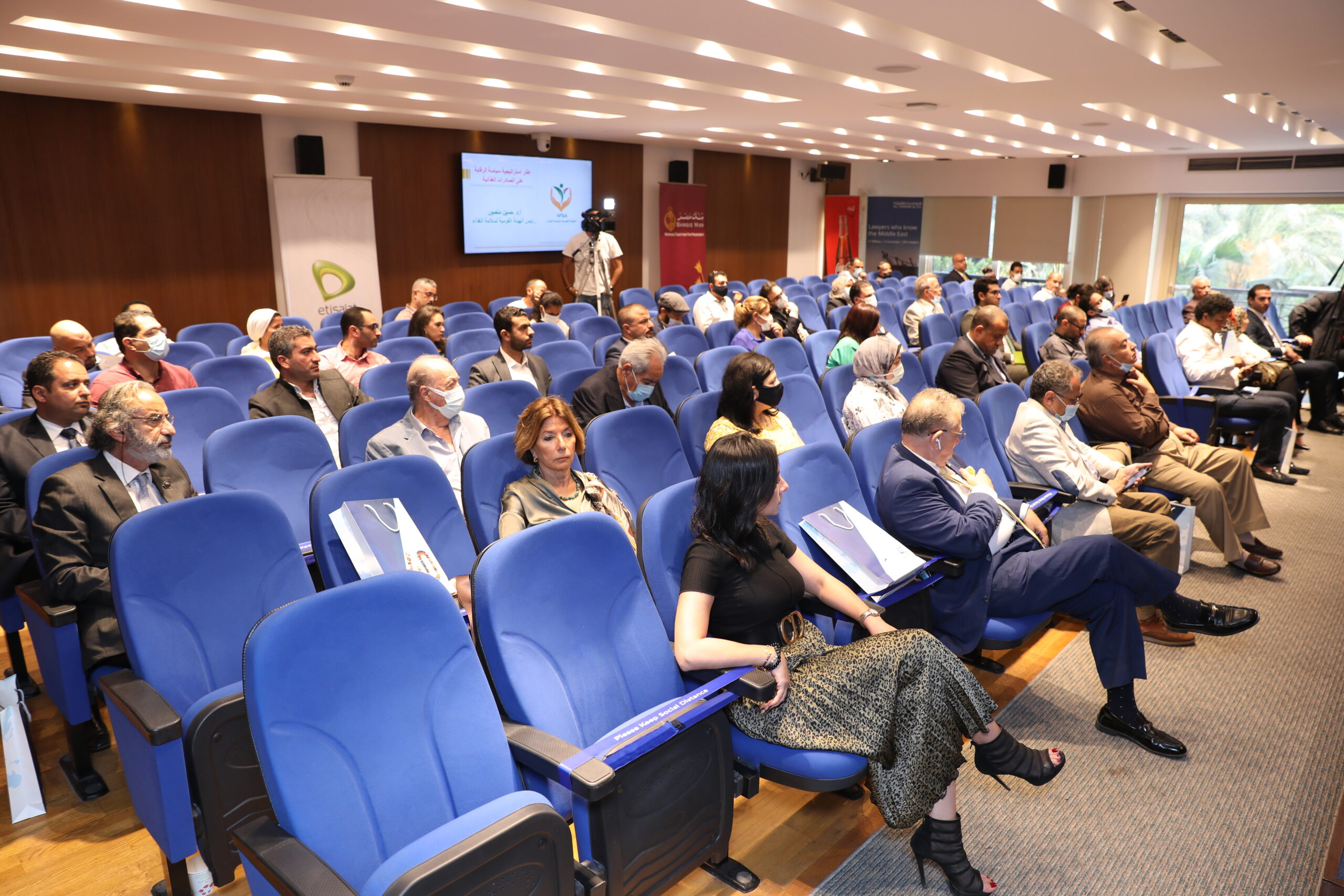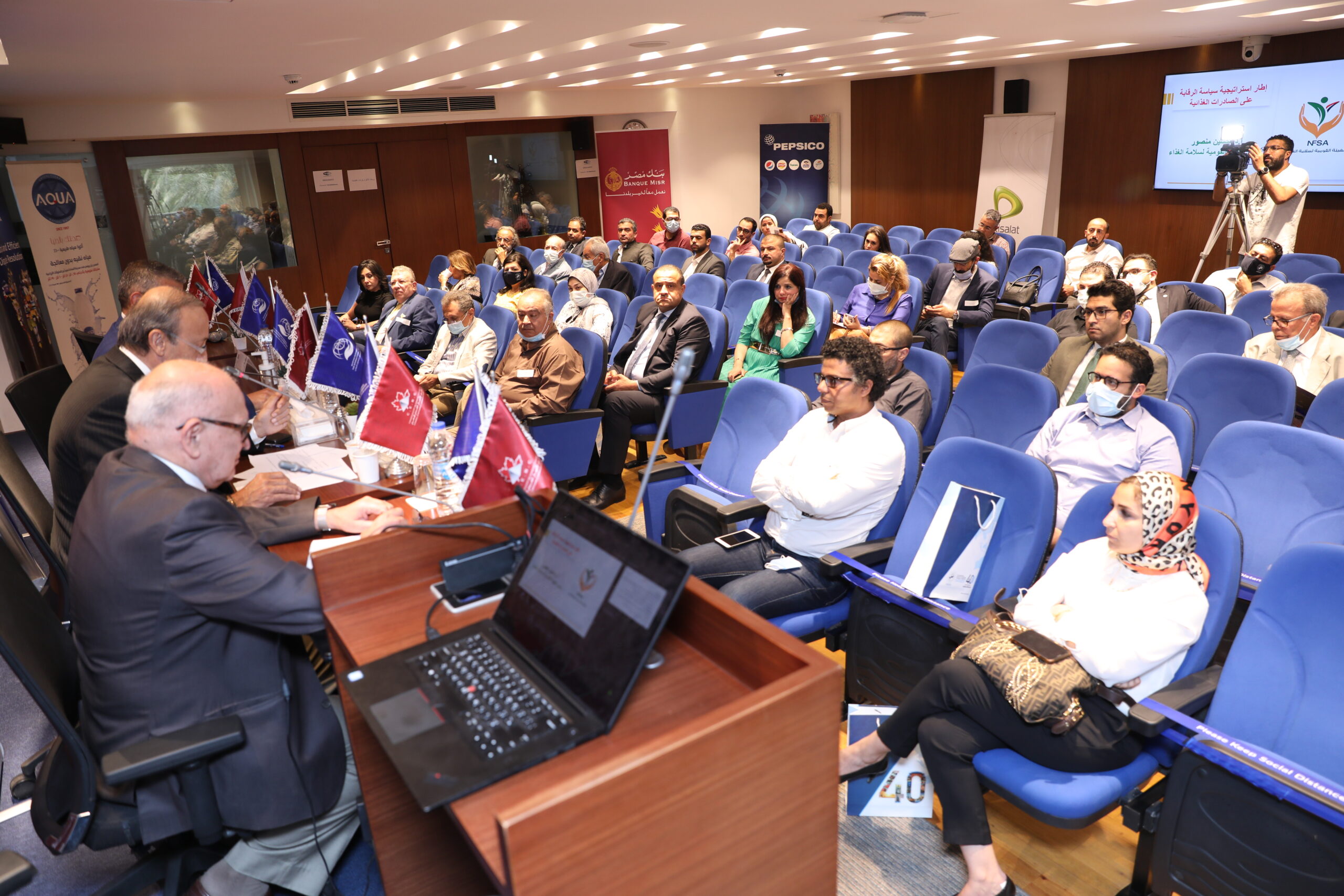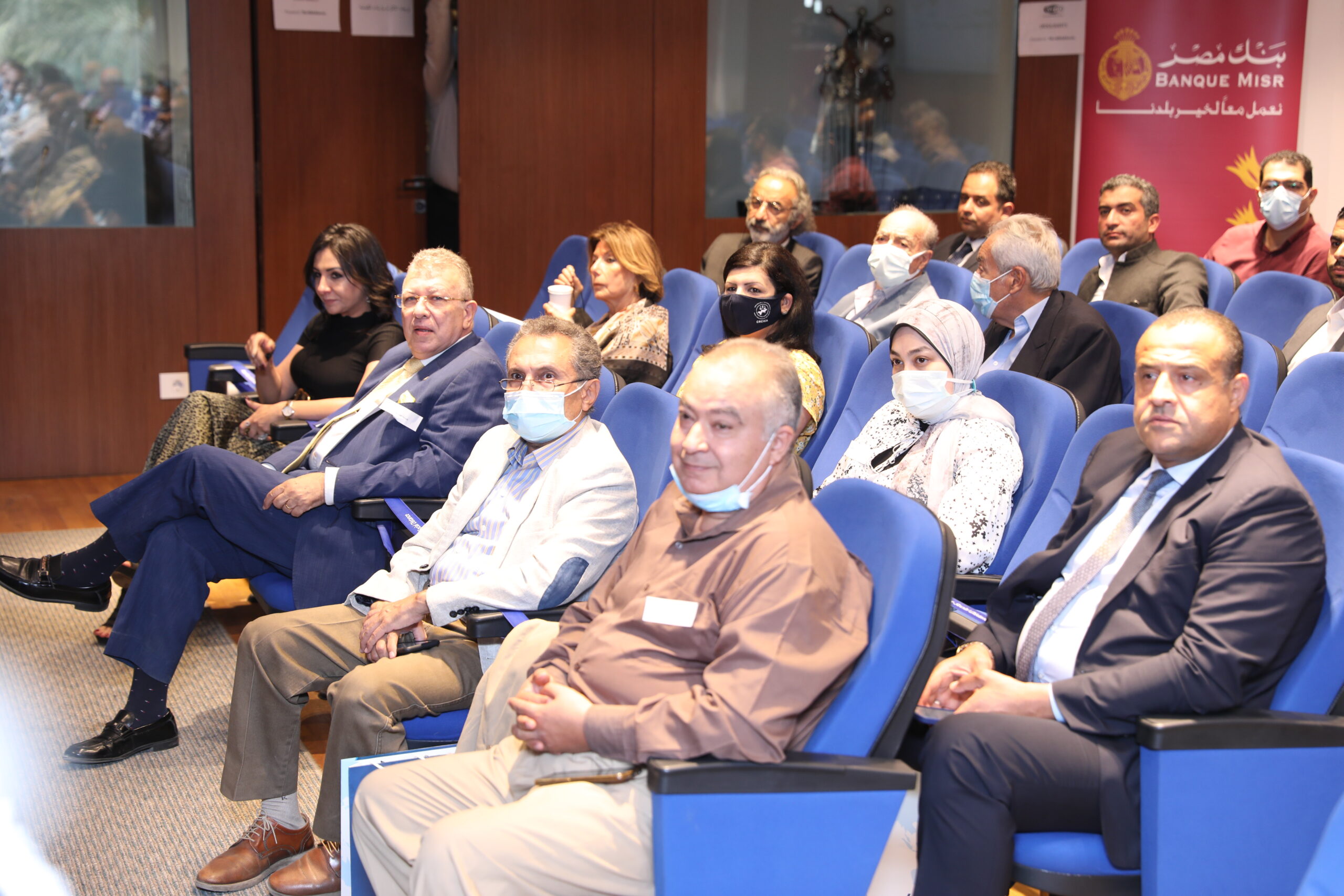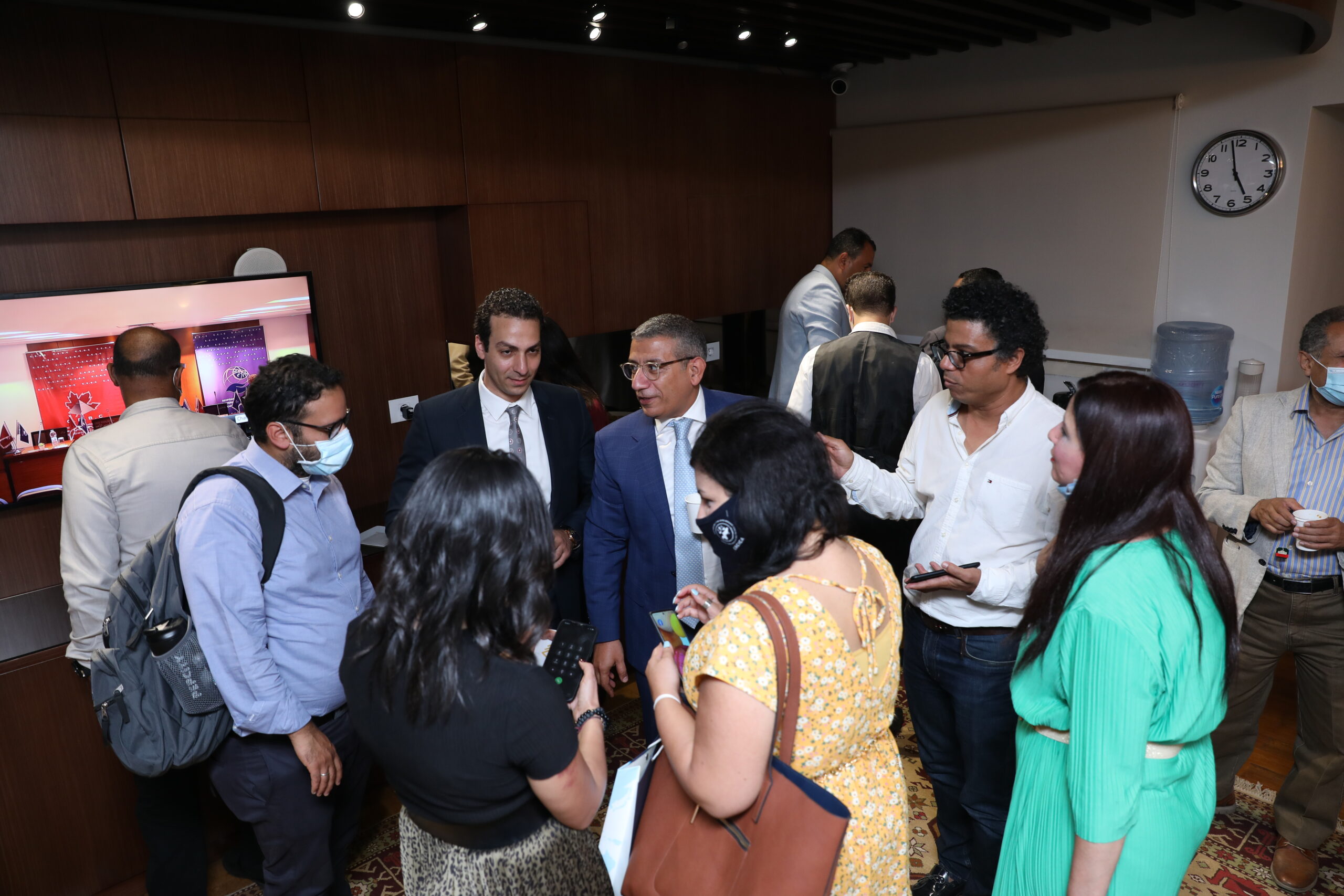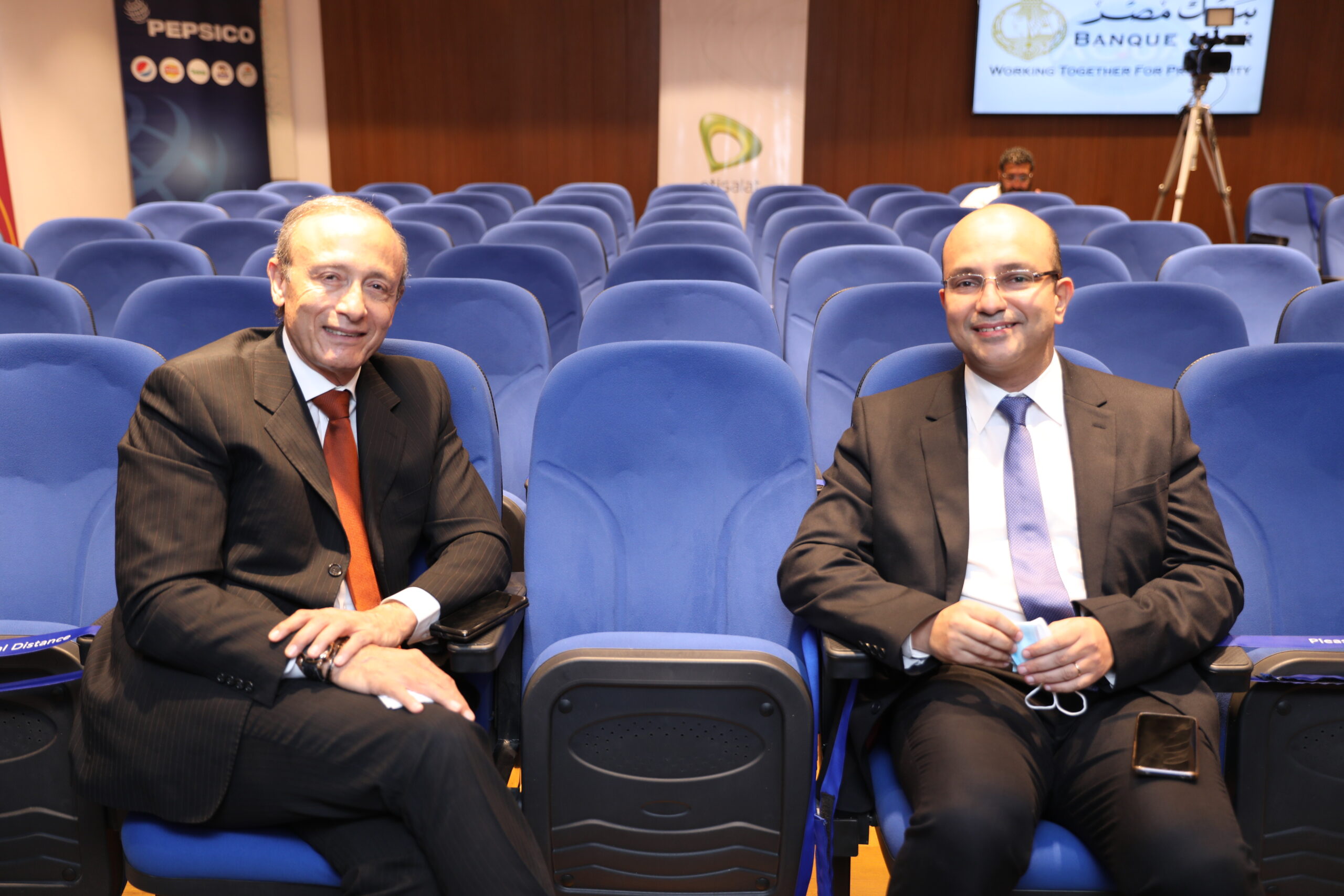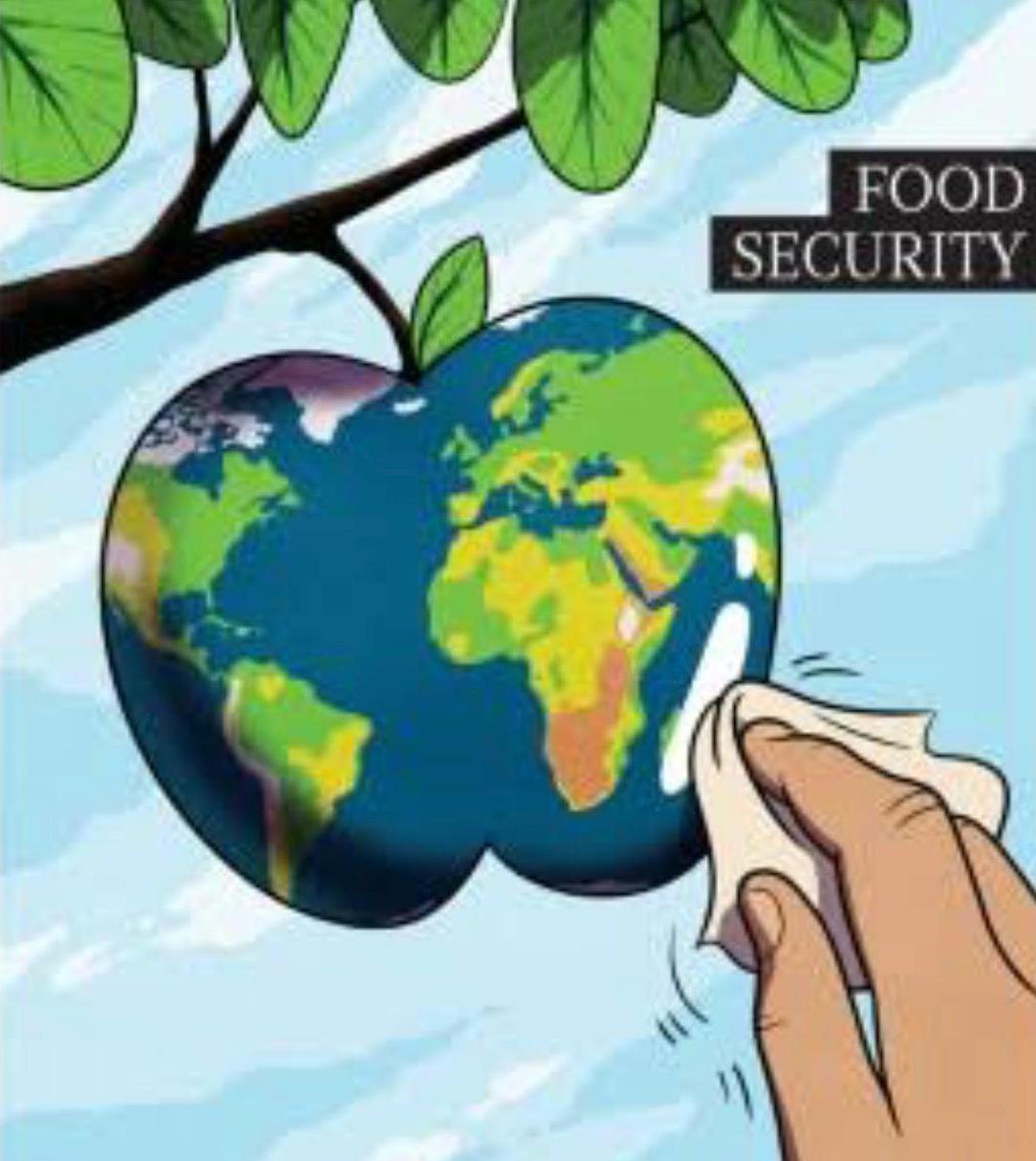
Date
Speaker(s)
Chairman -The National Food Safety Authority; Mr. Mahmoud Elbassyouny Executive Director – Chamber of Food Industries
Invitation
Description
The Food Safety Authority has taken a series of measures and decisions to develop and modernize food control systems and apply the highest standards of safety and health, in a way to protect the consumer & prevent the handling of non-conforming foods. These measures imposed new standards to regulate the circulation of food commodities, which requires amending the strategies and plans of exports & imports in order to comply with the new standards and decisions.
In this convention, Canada Egypt Business Council and the Egyptian Business Council for International Cooperation had the honor to host Dr. Hussein Mansour; Chairman of The National Food Safety Authority & Mr. Mahmoud Elbassyouny; Executive Director – Chamber of Food Industries discussing the topic “Export and Import Strategy under the New Laws of the Food Safety Authority”.
In the opening remarks Eng. Motaz Raslan; on behalf of CEBC & ECIC; welcomed & thanked our dear hosts; Dr. Hussein Mansour, Mr. Mahmoud Elbassyouny, our distinguished members, guests for attending and participating in the dialogue on a very important issue that affects our health, our lives, and our society in general; which is food safety and how to harmonize export and import strategies with the requirements and decisions of the Food Safety Authority, which primarily target consumer protection, combating commercial fraud and preserving the health of citizens.
Then he mentioned that we do not deny that the past decades witnessed attempts, procedures, and decisions to control this market, fight commercial fraud and protect consumers from non-conforming foods, but they did not succeed to the extent that prevents this danger and preserves the safety and health of our children. Until President Abdel-Fattah El-Sisi issued Law No. 1 of 2017 establishing the National Food Safety Authority to witness a comprehensive change in the food safety control system. Since that date, the authority has taken a large package of measures and decisions to regulate the food commodity trading market preserve citizens’ health and safety, and addressing commercial fraud, as well as the application of standard standards in various food commodities and most importantly strict control to ensure food safety.
I leave the floor to Dr. Hussein Mansour to tell us about the efforts of the authority during the last period and his vision of the food market in Egypt after the establishment of the authority and its role in pushing the movement of Egyptian exports and controlling the movement of imports on the other side.
For the part of Dr. Hussein Mansour; head of the Food Safety Authority, said that honey apiaries do not have any control by state authorities to ensure their products’ quality and commitment to implementing food safety standards. And He continued, “There are many parties for which food products are put on the market and are not monitored, including milk collection centers and honey apiaries, for which you will not find any regulatory report or body that inspected them.”
And Dr. Mansour added, when the Food Safety Authority begins to organize these parties, they will face rejection after years of their random work, stressing that these parties must work within one system, which is what the Authority seeks to achieve to ensure the preservation of the health of the Egyptian person at home and to protect the reputation of Egyptian exports abroad. In January 2017, President Abdel Fattah El-Sisi issued a decree establishing the Food Safety Authority; with the aim of protecting consumer health by ensuring that food produced, manufactured, distributed, or traded in the market meets the highest standards of safety and health.
And He continued, “When we make attempts to reduce the cost of goods… we must see that the final price for the consumer has gone down. The beneficiary is not only the importer and the merchant, but the consumer is also with them. We reduced importers the inspection fees on all food commodities by 25% and renewed the decision for them for more than a period of time, but I did not see a single company that reduced its prices.
He pointed out, “The authority also has many costs of examination for some importers, such as those who import multiple food items of the same type, such as children’s sweets, by conducting the examination on only one type instead of all types, but also it was not reflected on their prices in the market, calling on the private sector that it must calculate everything from the point of view of the private, but take care of the citizens.
Dr. Mansour expected that the shipments of food imports coming to Egypt from abroad will be released within a period of time ranging from one to three days instead of the 33 days that the shipment currently takes to enter the country, according to the new imports strategy developed by the authority.
Dr. Mansour added that the authority has developed a strategy to deal with imports aimed at reducing the time for releasing food commodities imports through several cooperation procedures with the Ministry of Finance in introducing modern technology in the process of registering and examining food commodities before their arrival in Egypt to speed up the customs release process upon their arrival in the country. And planning to sign an agreement with the governments of countries whose food inspection system is equivalent to the system followed by Egypt to enable companies exporting to Egypt to conduct some tests for examining the shipment in their country, or to choose a private sector company to carry out some procedures in inspecting and examining food commodities in the exporting country.
He added, that the authority is working to ease the procedures for examining food shipments according to the degree of food seriousness so that the procedures it determines to examine meat shipments should not be the same when examining biscuit shipments, noting that all this helps the authority to collect data on all shipments coming from different countries of the world. Determining the shipments of countries in which no violations were detected, for the immediate release of their products without tightening the examination procedures.
Then the session was opened for questions and answers where many questions and suggestions were discussed and many attendees praised the ongoing efforts of The National Food Safety Authority & the Chamber of Food Industries.




